Pao School has always attached great importance to building a strong relationship with parents. One such method is the Primary School's bi-weekly education reflection, shared through the principal’s newsletter, which keeps parents up to date on the latest trends in education, such as teaching character education, understanding different types of learners, and building a strong parent-child relationship.
For teachers, the process of selecting topics and preparing guidance based on children's growth needs and parents' concerns is also an excellent opportunity for reflection and learning. You can find previous education reflection articles here: Education Reflection | Cultivating Empathy and Education Reflection | Joining hands to build virtue.
Recently, Eva Tuecking, Head of Primary Learning Support, used the Education Reflection to introduce the development of children’s cognitive skills through family activities and play - an excerpt of which is below:

Eva Tuecking
Head of Primary Learning Support
As parents, it is only natural we want our children to have the best learning opportunities to help them be successful later in life. Many parents, especially here in Shanghai, enrol their children in all manner of classes outside of school or let them complete supplementary textbooks with tutors - anything that might give them an advantage. As a parent of two children myself, I remember the pressure I felt when hearing my children’s peers were enrolled in different writing classes, extra maths programmes or had private tutors.
We fill our children’s schedule with classes and activities so that they have every opportunity to develop into high-achieving students with exceptional grades. I have been just as guilty as anyone. However, now that my children are teenagers, I look back and realise that the most valuable activities were opportunities for free play and spending time as a family, either travelling together or doing some sort of game or activity. These activities may seem unrelated to learning, but in fact, they were highly valuable in their holistic development, helping shape them emotionally and socially into the amazing young people they have become. It also helped them develop the cognitive abilities they need to succeed academically.
While it is essential to prepare our children academically, we sometimes forget the importance of developing our children’s cognitive skills, that is, the ability to think, understand, communicate, remember, imagine, and predict. Research also suggests that cognitive skills have a direct impact on academic performance, as strong cognitive skills help children learn successfully.
The good news is that cognitive skills can be developed through simple daily activities, games, and conversations with your child – you don’t need to enrol them in any special classes. When you actively plan and engage with your child, you not only help to develop their cognitive ability, but you also strengthen your relationship with them. This plays an important role in supporting your child as they face social-emotional challenges at school, growing up, coping with new routines, and making new friends. A strong relationship with parents gives children the confidence to keep exploring and learning and can instil values and character skills, such as empathy, responsibility, or curiosity.
Here are some examples of games and activities that you can do at home to support your child’s cognitive development, instil important values, and spend valuable time together:
Puzzles
Puzzles are fantastic because of their all-around cognitive benefits. Jigsaw puzzles teach problem-solving, resilience, hand-eye coordination, concentration, and motor skills. It also can be a huge confidence booster for a child to complete a puzzle as it gives a sense of competence and achievement. When deciding what to do, keep in mind to choose age-appropriate puzzles or plan to complete the puzzle as a family. You can teach children sorting strategies and how to break tasks down into smaller chunks – an important problem-solving skill needed at school and later in life.

Cooking and Baking
Children love cooking. I value it as a parent for many reasons. It helps develop new vocabulary words in authentic situations and it involves a great deal of math in a fun and meaningful way by measuring, estimating, and sequencing. Science is also a huge part of the cooking process, as children learn what happens when you mix ingredients together. They may also even learn about the changing state of matter, for example, melting butter provides a wonderful way for your child to learn about a solid turning into a liquid. Furthermore, with each cooking activity you can develop life skills such as the importance of not touching a hot stove, how to safely use a knife, and how to clean up.
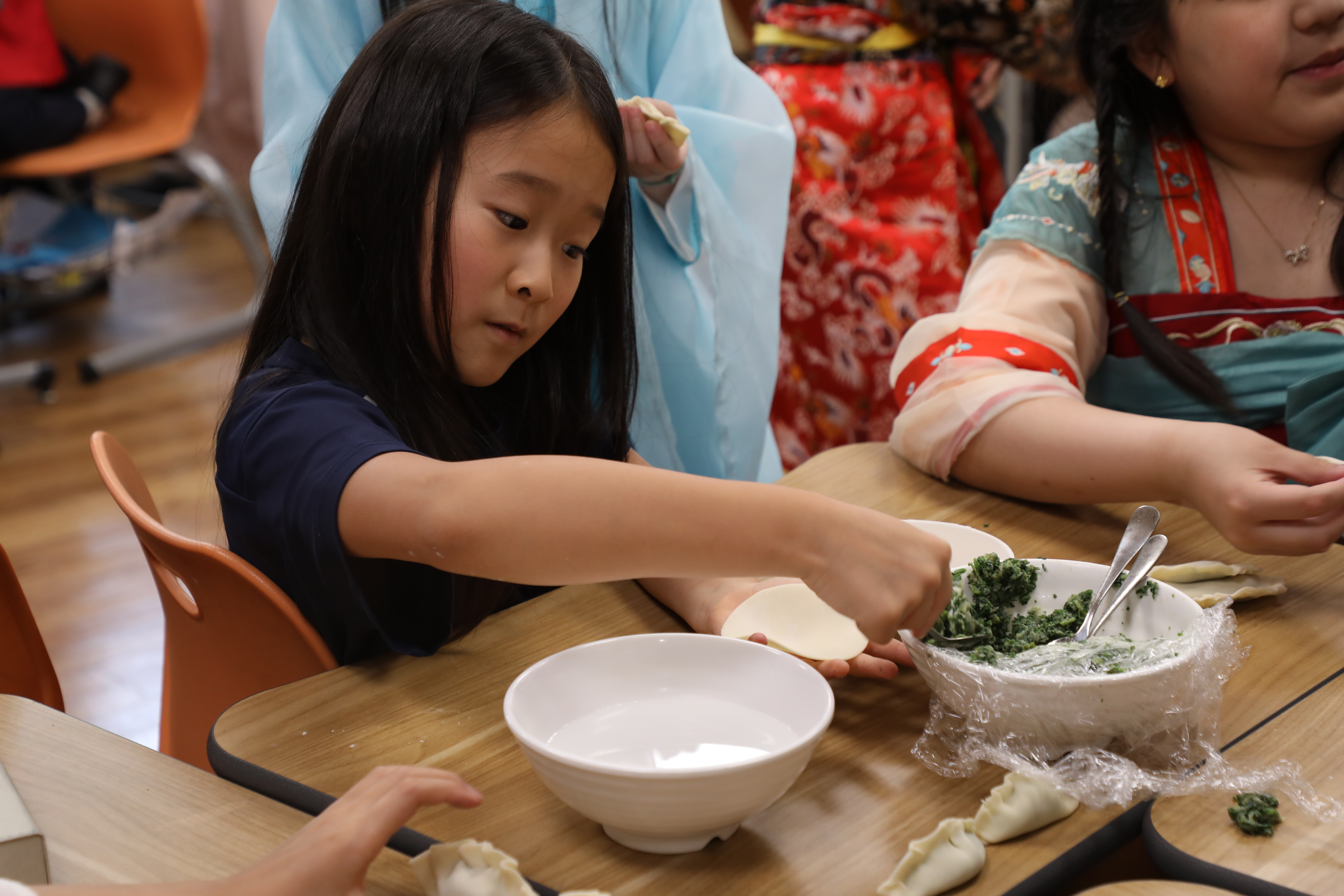

Gardening and Growing Vegetables
Gardening can help teaching valuable lessons such as healthy nutrition, learning about various species of plants, and topics related to the environment. It also supports sensory development as children experience the texture of soil, seeds, and plants and smell flower scents. Through gardening, children also learn how to make predictions, practice patience, and take on responsibility of taking care of living things.
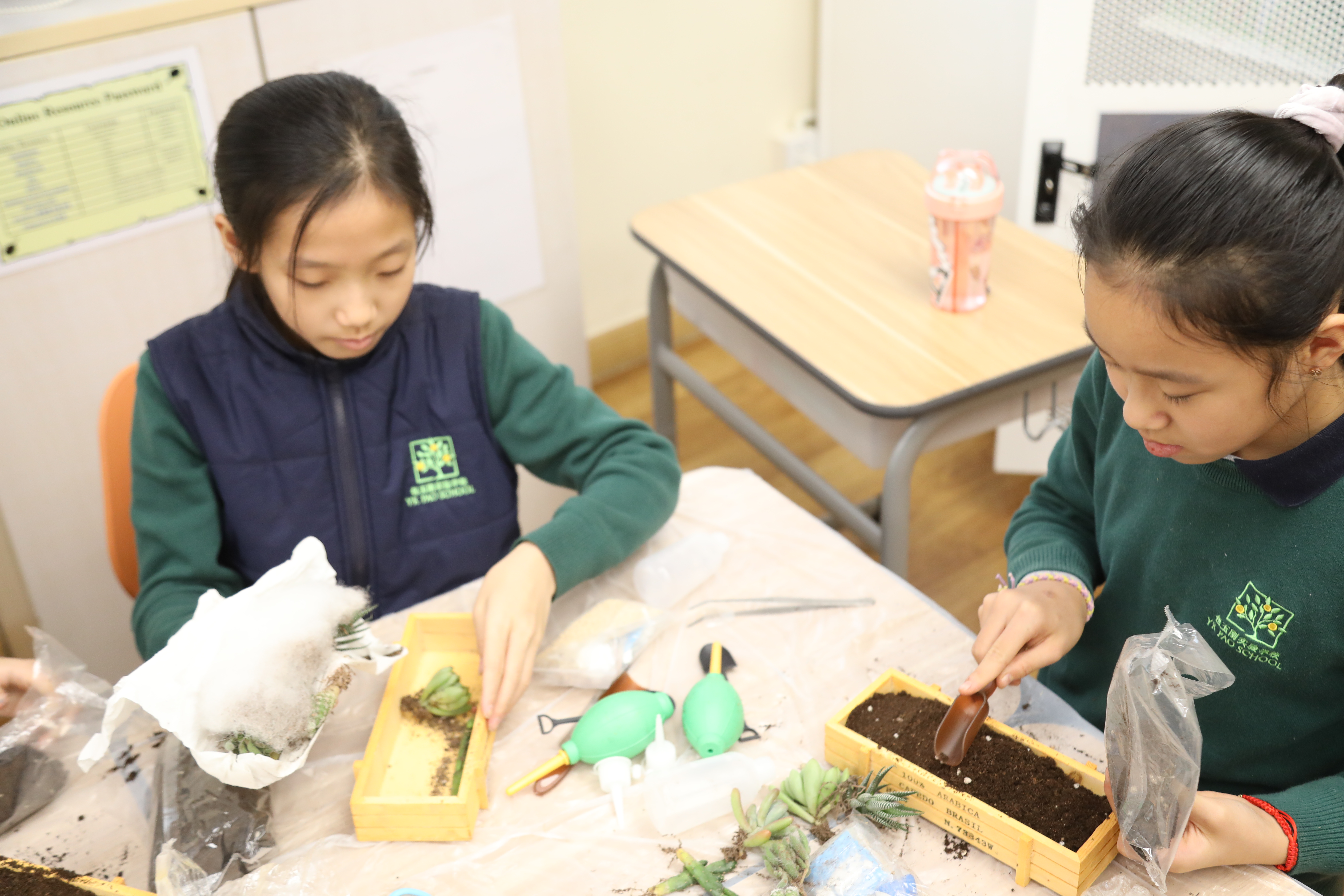
Board Games
Board games are a great way to spend quality time with your child while also improving their cognitive skills. Games like chess, checkers, and other strategy games can help with problem-solving skills, critical thinking, and planning. These games require children to think strategically and make decisions based on their opponent's moves. You can also make board games more fun by creating your own versions of popular games or adding in your own rules. A simple game for teaching predicting and self-regulation is Jenga. It asks players to be aware and in control of their actions and teaches impulse control and flexible thinking.
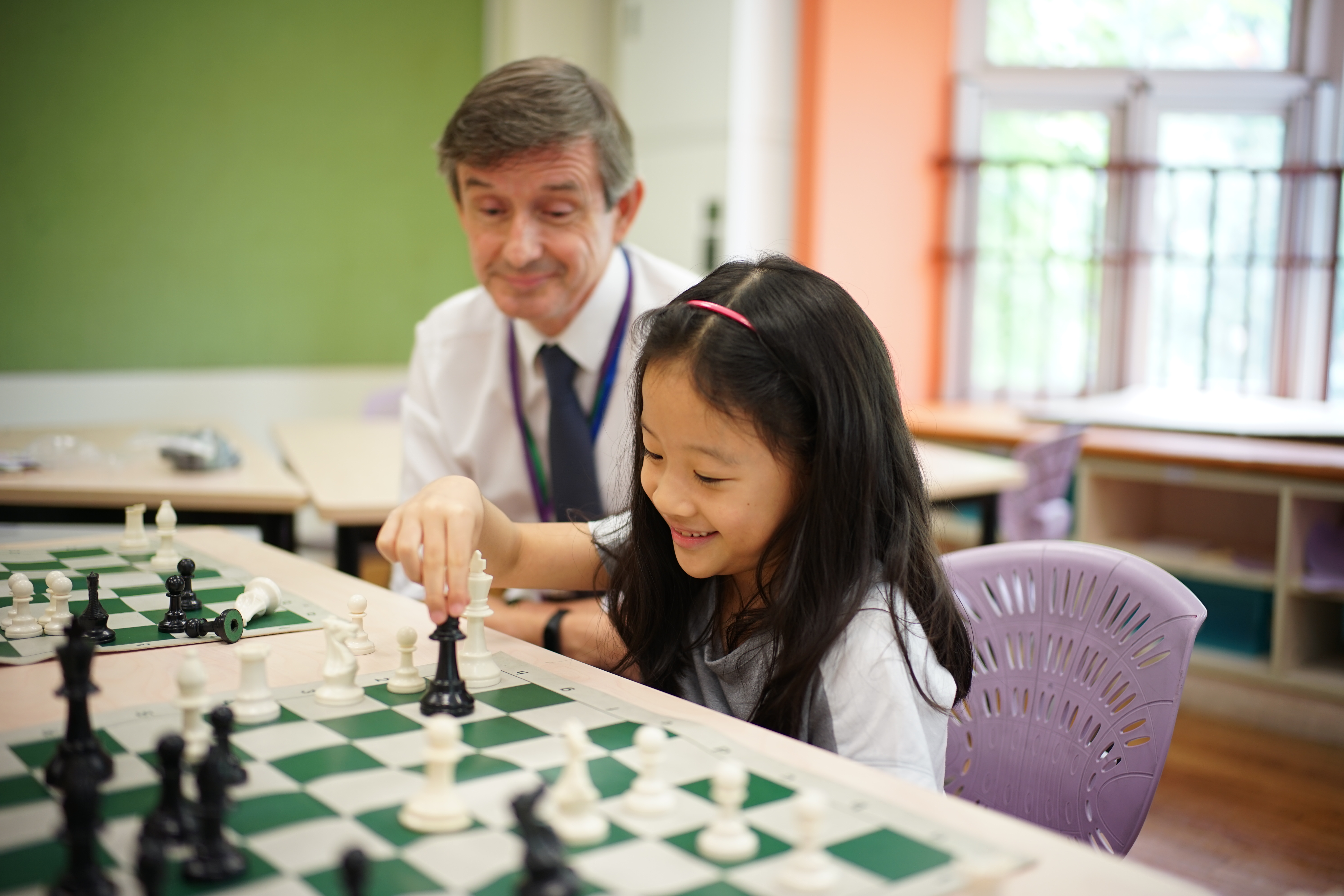
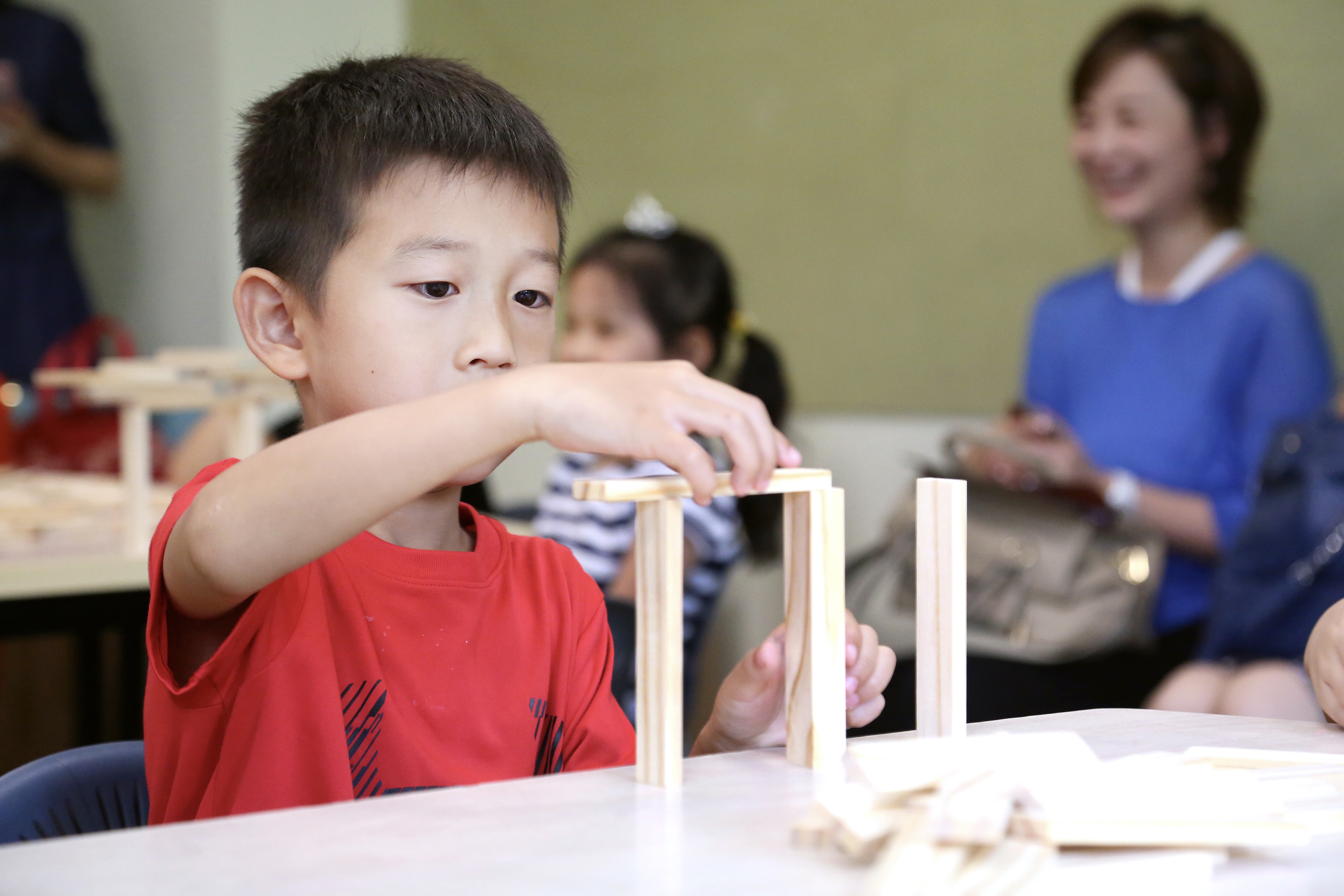
Reading and Storytelling
Children are never too old to be read to or listen to stories. Reading together with your child can help with language development, comprehension, and imagination. Telling stories gives you the chance to communicate, share values, and interact with children. You can create your own stories or re-tell a familiar story to develop creativity and cognitive flexibility. Children learn to develop empathy for characters and use their creativity to describe settings and visualise words.
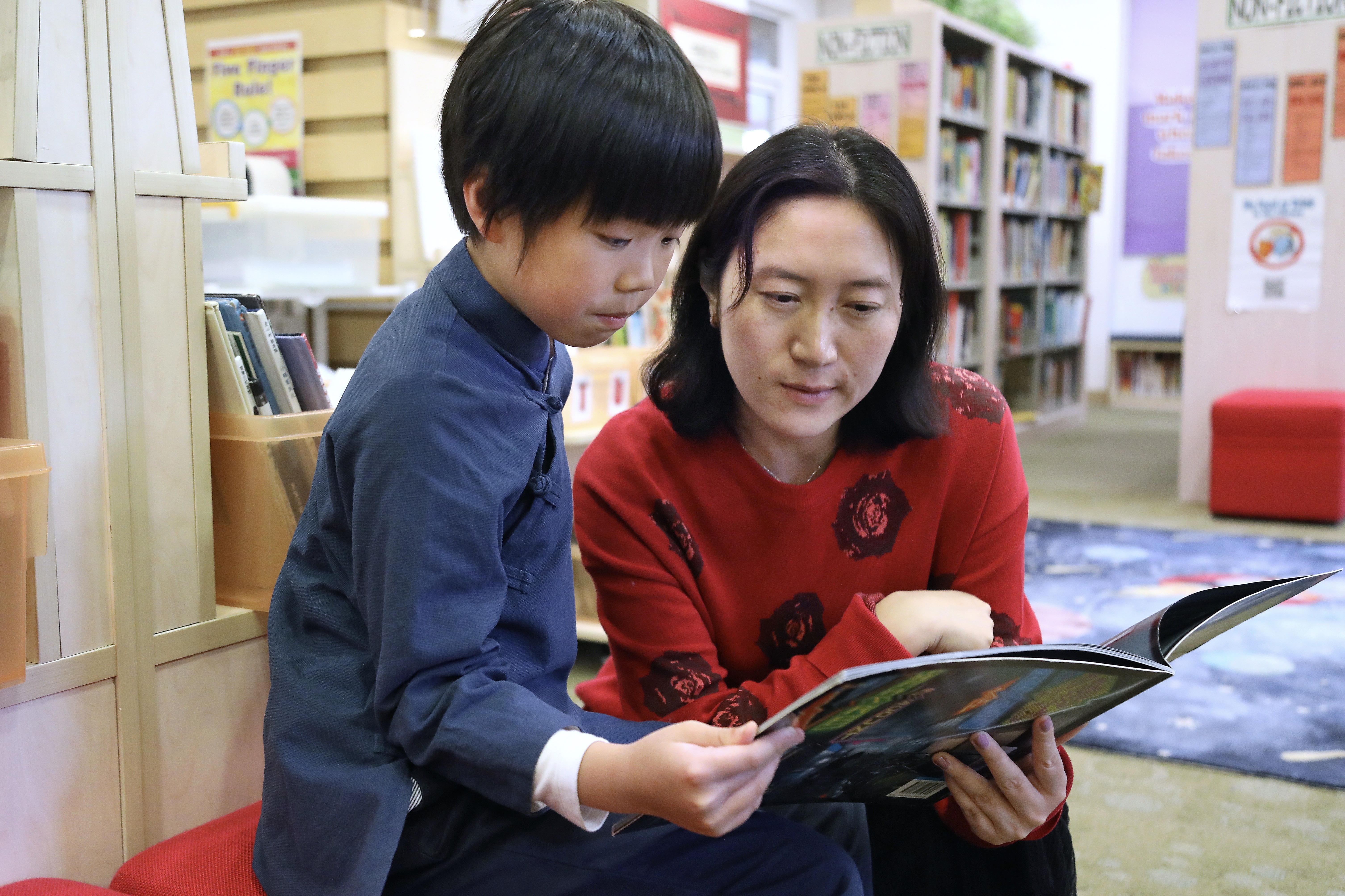
Last but not least, don’t underestimate the importance of unstructured play time. When thinking about academic demands, it is sometimes easy to forget that play is an important part of development. Children who are at play are solving problems, creating, experimenting, thinking, and learning all the time. The most important thing is to find activities that interest your child and are engaging and appropriate for your child's age and skill level. You can help your child develop important cognitive skills and values, alongside fostering a stronger relationship with your child by engaging in these fun activities.